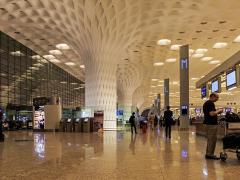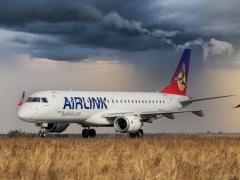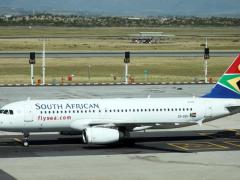Social media will become the new database and platform for forming connections with clients and providing travel options and itineraries to match the demands of future decision-making generations.
On October 20, during the second day of the Tourism Innovation Summit 2023, Jenny Southan, CEO of Globetrender, highlighted social media among some of the most disruptive trends that will contribute to a more sustainable and digital travel industry.
Trends shaping the travel industry
1.Gamma gateways, or the opening of airports in more remote, undervalued or underserved destinations.
Cambodia’s recently opened Siem Reap-Angkor International Airport, as an example, which was developed to act as a gateway with increased capacity to transport travellers to the country’s Unesco World Heritage Site and popular tourist attraction, Angkor Archaeological Park.
2.The capabilities of AI-based travel agencies. Southan believes that while AI travel agencies can provide services to conventional travellers, luxury travellers considering specialised destinations and itineraries will still be better served by travel agents.
“They (AI travel agencies) will serve mainstream travellers very well, although the profile of the luxury tourist will continue to demand personalised service,” said Southan.
3.According to Emily Weiss, Senior Managing Director, Global Industry Lead Travel at Accenture, an information technology consulting firm, the global travel industry is being challenged by catering for an increasingly autonomous and informed traveller. She believes that ingenuity is now as important a skill as interaction with and through social media.
She points out that 45% of consumers in the US use TikTok and other social media apps to select their next trip, and capturing their attention on these platforms will be fundamental. Kele Lekalake, GM of Harvey World Travel Southern Africa, reported that she has had similar experiences while catering for the younger Millennial and older Gen-Z clients in South Africa.
4.Southan identified the fourth trend as the underestimated decision power of the Alpha generation, those born between 2011 and 2025. She implied that strategies such as social media marketing will be essential in influencing the decisions of and providing options for older Gen-Zs who have reached working age and, in the not-so-distant future, the Alpha generation.
“(Alpha generation) should already be considered as travel decision-makers and will be even more necessary in the future, considering that by 2025 there will be an estimated two billion Alpha generation children in the world,” said Southan.
5.The fifth trend Southan expects to grow is the demand for clean air tourism, where travellers escape to destinations with better air quality. According to the World Health Organization, in 2019, ambient air pollution caused an estimated 4,2 million premature deaths worldwide, of which 89% occurred in low- and middle-income countries.
Furthermore, Southan emphasised that new types of families, such as single-parent or same-sex parents, which are becoming increasingly prevalent, will become more essential factors for the hospitality sector to consider, as it will have to adapt to their needs and demands.
6.As a sixth trend, self-sufficient hotels that produce their own food and electricity, process their own waste and have neutral carbon footprints are expected to gain traction with the proliferation of the environmentally conscious, responsible traveller. This type of accommodation will not only offer culinary ingredients produced on the property but also sustainable options such as infrastructure that produces neutral emissions.
María Zarraluqui, VP Global Development at Meliá Hotels International Group, pointed out the opening of the first carbon-neutral hotel in Menorca, Villa Le Blanc last year. “Everything is designed in a sustainable way. For example, there is no need for air-conditioning due to the design of the hotel, which takes advantage of all the air currents and the Mediterranean climate, and we also offer km0 (a term used to promote the consumption and use of locally produced or recycled resources) in all our services.”
7.She also highlighted the growing space tourism sector. Although it is still considered a mega luxury product, Southan explained that by 2030, the space tourism market is expected to be valued at $8,67 billion (R163bn), with a growth rate of 37%. This, along with the fact that there could be 8 000 billionaires in the world by 2030, makes the industry a market worth paying attention to.













